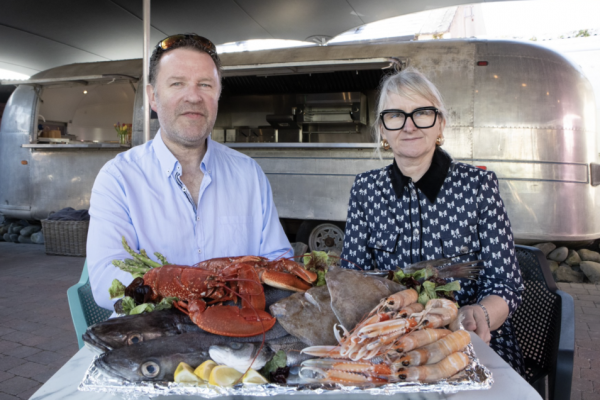After months of intensive lobbying, the Irish hospitality sector are today delighted with the announcement that industry VAT is to remain at 9%.
The proposed 4.5% hike on the hospitality industry escaped a long list of cuts which were announced this afternoon, on what is the first day of Budget 2014.
Minister for Finance Michae Noonan last month said that the VAT rate would have to return to its pre-2011 rate of 13.5% unless an alternative source for the tax revenue can be found.
“There is a big lobby on but when I reduced the VAT on the whole hospitality industry from 13.5 to 9%, there wasn’t a single representation on my desk to do so, but people were very surprised and it worked and it created a lot of jobs," he said at the time.
Chief Executive of the Restaurants Association of Ireland, Adrian Cummins, took to twitter immediately after the announcement saying that it "breathes fresh hope into the sector".
Since its introduction in 2011, the Restaurant Association of Ireland (RAI) told a meeting for the Oireachtas Committee on Jobs, some 9,000 jobs were created in the sector.
The RAI campaigned heavily to get Government to retain the 9% VAT rate.
Michael Vaughan, President of the IHF says that the reduced VAT rate has been enormously successful to date, enabling tourism and hospitality businesses to take on 15,200 additional jobs at a very difficult time when employment would otherwise have dropped significantly. “Today’s budget is good news for Irish tourism and is a clear recognition by the Government of the importance of tourism as a labour intensive industry with enormous potential for further job creation,” said Mr Vaughan.
“In particular, the retention of the reduced VAT rate provides us with greater certainty into 2014 and will enable us to compete more effectively abroad for holidaymakers. This will continue to have benefits for increased employment throughout the country, particularly in rural regions.”









